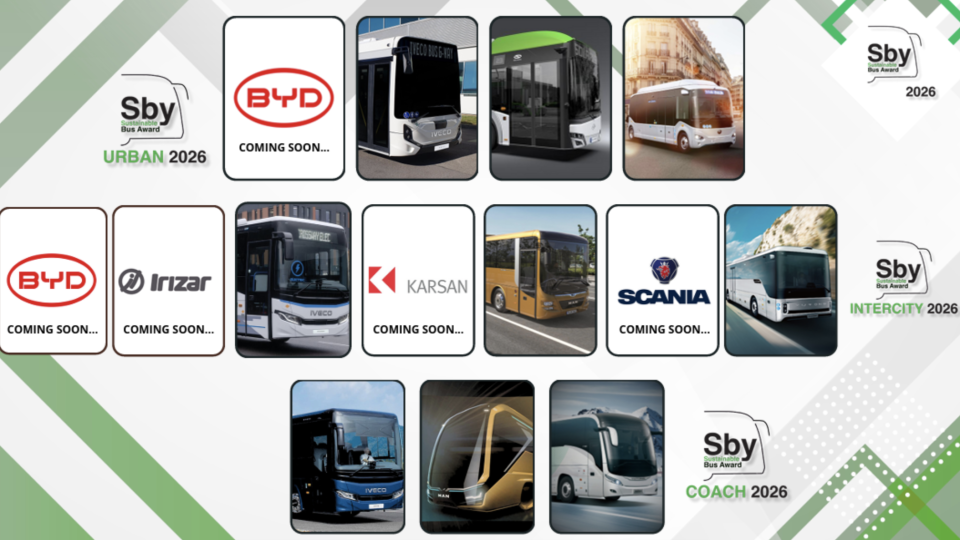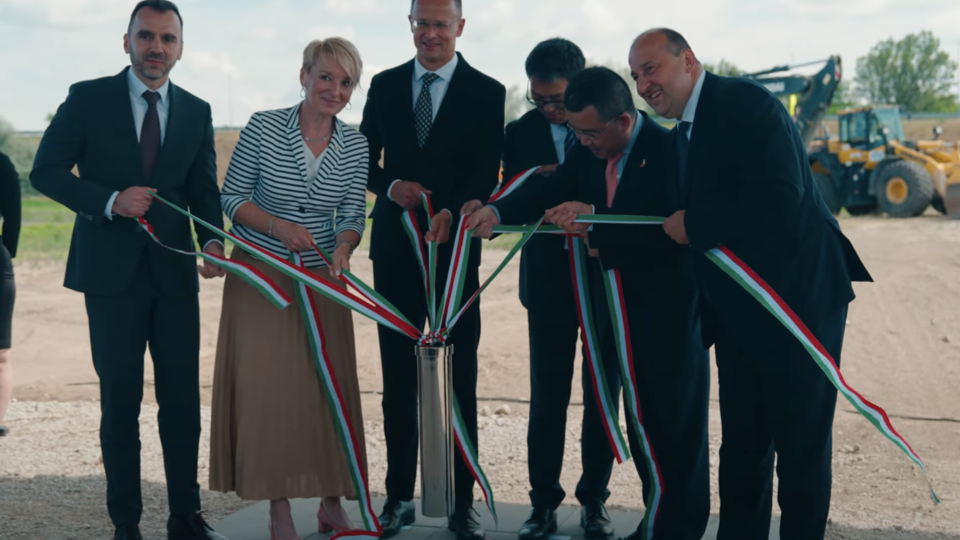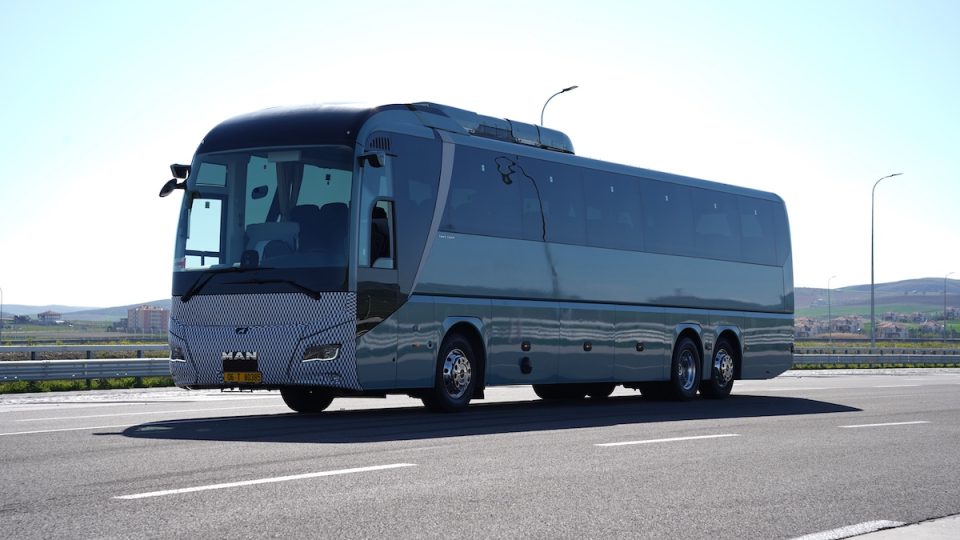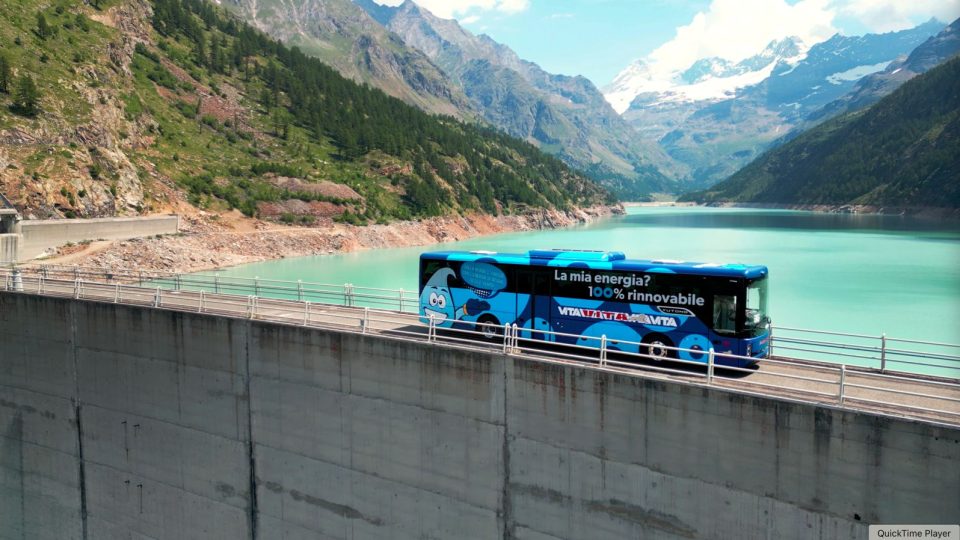A 6-fold growth for e-buses in Europe in the last five years. ICCT focuses on e-bus deployment in a report
Zero emission bus sales has increased over six-fold from 2016 to 2021 (from 400 to 2,500). “In 2021, fully electric powertrains represented 10% of new bus sales exceeding the same share in passenger cars“. This share takes into account all categories of buses, while focusing on city buses, EVs accounted in 2021 for over 20% […]
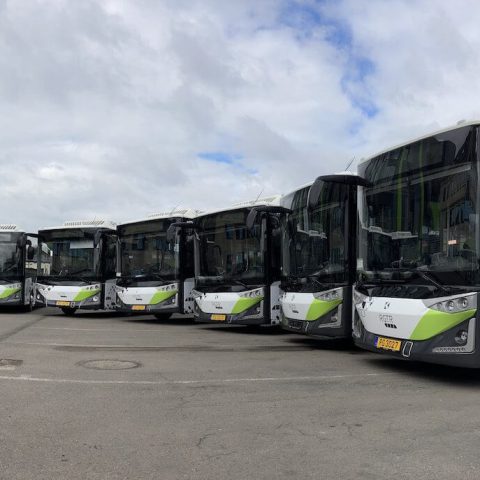
Zero emission bus sales has increased over six-fold from 2016 to 2021 (from 400 to 2,500). “In 2021, fully electric powertrains represented 10% of new bus sales exceeding the same share in passenger cars“. This share takes into account all categories of buses, while focusing on city buses, EVs accounted in 2021 for over 20% of the market in Europe (and 30 percent in the first half of 2022).
This can be read on the report “The rapid deployment of zero-emission buses in Europe“, published by ICCT (International Council on Clean Transportation) and signed by Eamonn Mulholland and Felipe Rodríguez.
By the end of 2021, the bus fleet of nearly 700,000 in the EU-27 was comprised of over 9,000 electric and 20,000 natural gas buses, ICCT notes.
A look at the manufacturers’ landscape
The authors notes the “The bus market in Europe is less consolidated than the truck market. In the truck sector, seven manufacturers comprised 97% of sales in 2021, while the top seven bus manufacturers were responsible for 74% of the sales“. What is interesting, although quite known, is that “Despite the 75% market share of all buses sold held by legacy manufacturers, they were only responsible for 45% of electric bus sales in 2021“.
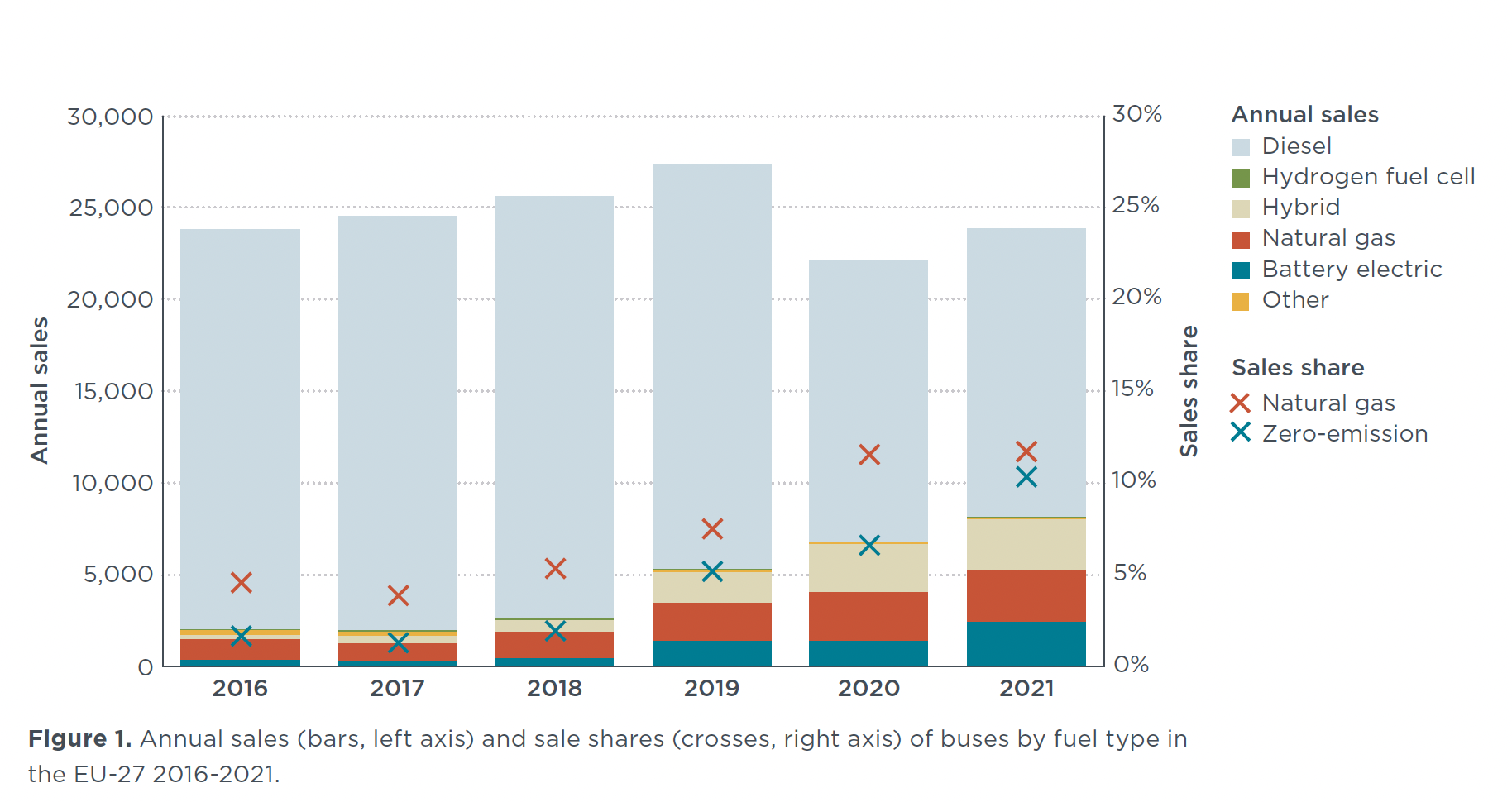
However, “While the current market performance of ZEBs from legacy bus manufacturers is still nascent, there are a number of notable targets for the rollout of zero-emission buses. In the Traton Group, MAN plans for half of their buses sold to be equipped with an electric drive by 2025 (which may include hybrid or hydrogen fuel cell vehicles), while Scania intends for electric vehicles to make up around 10% of their sales in the same year, albeit including trucks. Daimler aims to phase out the sale of internal combustion engine city buses from 2030 and plans to only offer a battery or hydrogen technology in every bus segment by then. As such, they do not plan to invest in technologies for buses to comply with the upcoming Euro VII emission standards for heavy-duty vehicles. Iveco has plans to release a range of fully electric buses by 2023“.
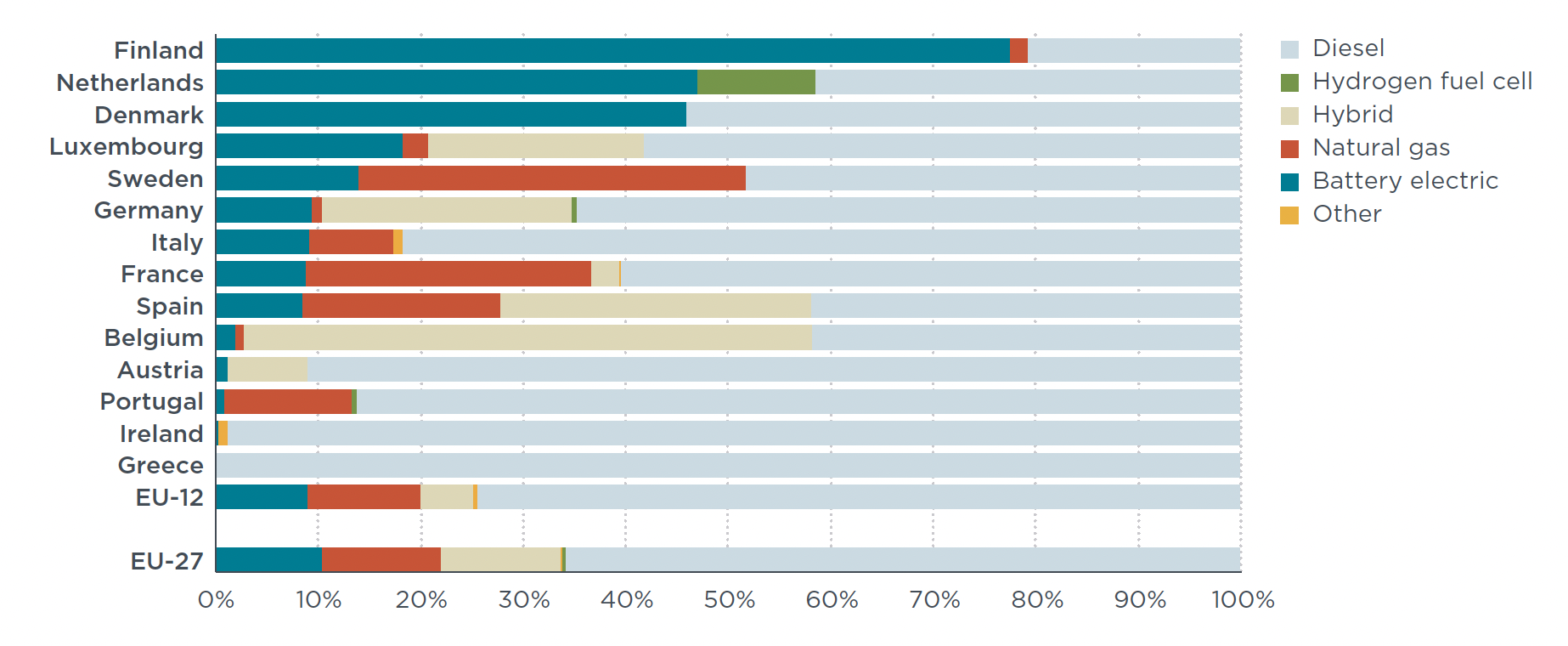
Gas buses on the rise in some markets
What about gas buses? A small but significant number of countries is driving this market. “France, Spain,
Sweden, and Portugal, which combined comprise a third of bus sales in the EU-27, are particularly ramping up their investments in the technology, with sales of natural gas buses increasing nearly three-fold from 750 buses in 2017 to 2,100 in 2021″, the paper reads.




